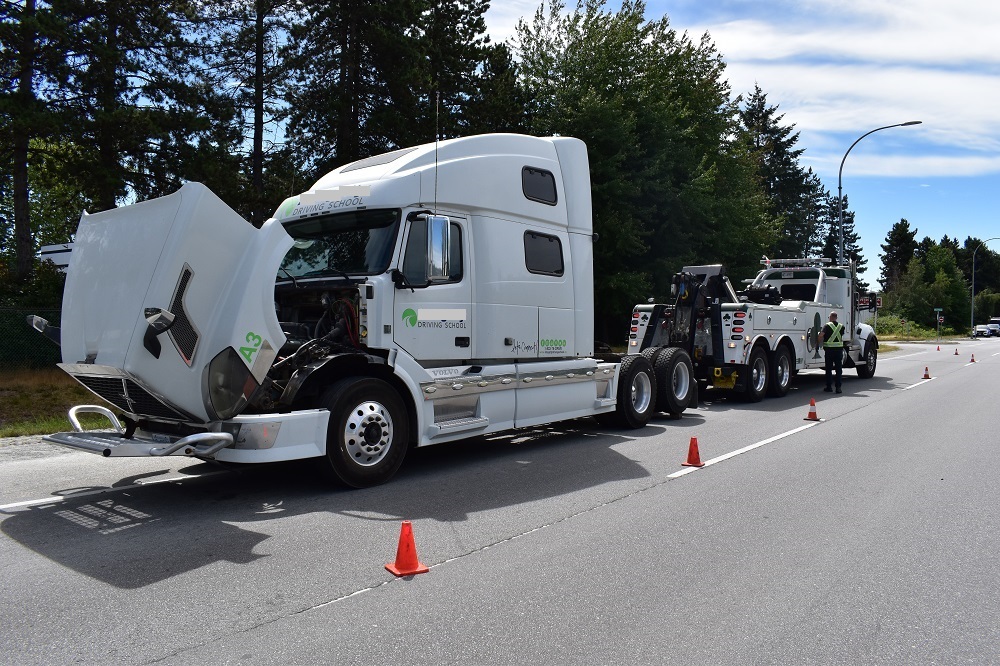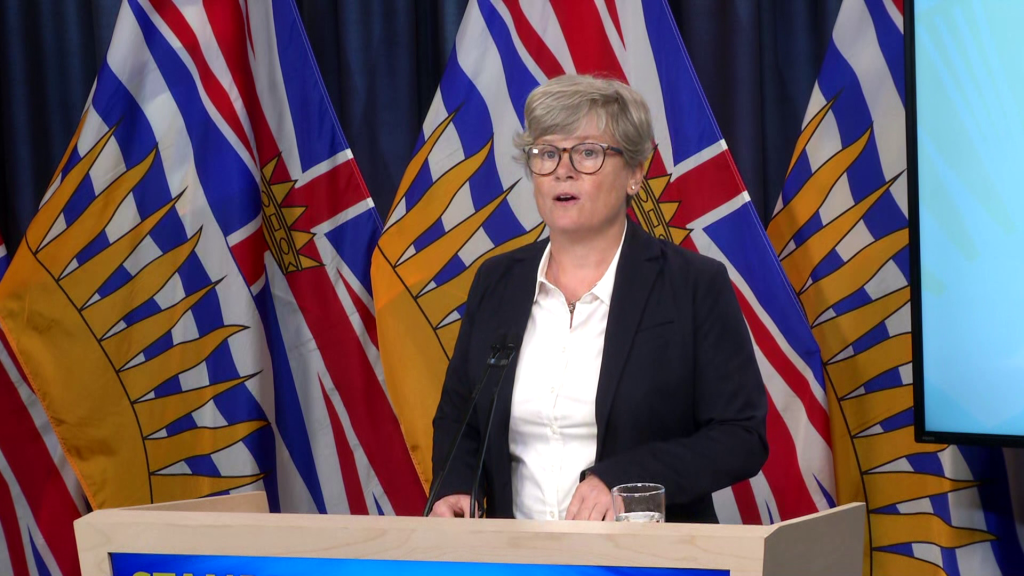Residents of a floating home community say, due to a lack of regular dredging, homes are starting to tilt and run aground.
Canoe Pass Village, a community of 43 floating homes that’s been on the water since the late 1980s, sits along the Fraser River.
But without a plan to dredge the river and remove sediment and debris from the riverbeds, silt buildup is causing some of the homes to no longer float.
Ted Dufresne, on the village strata council, demonstrated how raised the float homes appear, despite low tides.
“Without any dredging, it’s filling up, and all the silt is backing up this way along the shoreline,” said Dufresne.
Some homes, like Joanne Granek’s, have begun to tilt. She’s forced to hoist herself onto the deck of her home from the dock below.
“So you’d get up in the morning when it’s a low tide, and some of our neighbours have had seasickness just because the intense slope of it is unnerving,” said Granek.
Dufresne says he fears for the safety of his neighbours.
“We are not a young community; we have a lot of seniors. Falling is a risk,” he explained.
Granek described it as a “real wrench” in an otherwise fun and caring community.
The last government-funded dredging was done 12 years ago. Municipal leaders have been pushing both the provincial and federal governments to commit to ongoing dredging of the Fraser River’s secondary channels, but neither has committed.
Ian Patton, MLA for Delta South, says it would cost the governments only $2 million to dredge annually for maintenance.
“Which, in politics, is nothing. These little secondary channels that come off the Fraser affect our fishing fleets, affects our float home owners, seafood processing companies, our lifeboats, and coast guards,” said Patton.
The Ministry of Water, Land and Resource Stewardship tells CityNews it recognizes the concerns raised by residents and is working with federal partners to come up with long-term solutions to support affected communities.




